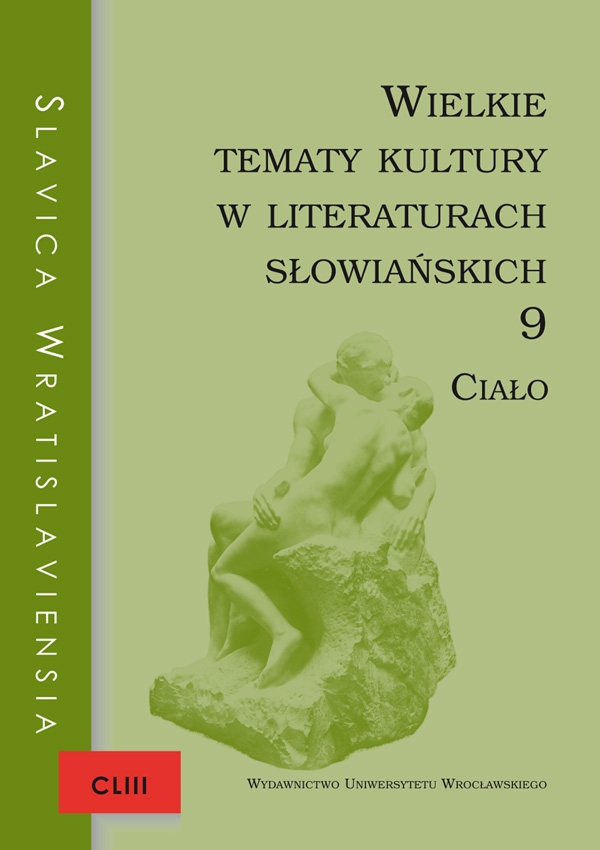

Artykuły

Mature/immature — the woman in the novel Tělo by Fráňa Šrámek
This paper considers the problem of the woman’s development in Fráňa Šrámek’s Tělo with reference to the Bildungsroman tradition and to the evolution of this German genre. I attempt to show that the maturation process of Tělo’s protagonist Máňa Švarcová, in contrast to the man’s maturation associated with the intellect, is limited to the sphere of the body. Although corporeality usually has negative connotations, in this novel it becomes the main — and the only accessible — site of the heroine’s power. Using Esther Kleinbord Labovitz and Susan Fraiman’s argument that the plot of “the female Bildungsroman” is distorted, I seek the reasons for this predicament and the indicators of female identity construction. Moreover, I focus on the issue of gender and the social roles that not only impose specific obligations on women but also shape the path of their development. Máňa Švarcová’s development, I suggest, begins upon her marriage and takes place within the boundaries defined by this institution. Because she follows a path of development approved by her society, she puts her own identity in the shadow and creates a “pseudo-identity” Erich Fromm’s term that functions as a mask for the society. The real identity stays undeveloped due to impossibility of reconciling the society’s expectations and individual — in this case female — freedom, which is dominated by the male element in the novel. Thus the heroine is arrested in a state of “unreadiness,” a term proposed by Ewa Paczoska for defining many modern protagonists. Consequently, her maturation process is inevitably lost in the patriarchal world.